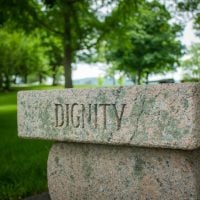Deadline: 21-Oct-2025
The Office of Juvenile Justice and Delinquency Prevention (OJJDP) has announced a major funding opportunity to expand and strengthen mentoring programs for youth who are at risk or at high risk of delinquency, victimization, and involvement with the juvenile justice system.
This initiative aims to provide youth aged 17 and under with consistent, supportive relationships through one-on-one, group, peer, or blended mentoring models. Mentors must be adults aged 18 and older, or older peers working under adult supervision, and programs are encouraged to prioritize youth who have lacked access to mentoring due to limited local services or a shortage of trained mentors.
The funding will support both new and existing mentoring relationships, with an emphasis on expanding services to underserved areas and populations. At-risk and high-risk youth may include those living in communities with high levels of violence, drug markets, gang activity, or parental incarceration, as well as youth who are currently in the juvenile justice system or have parents in the military. OJJDP expects funded organizations to work with the National Mentoring Resource Center to ensure adherence to best practices and quality standards, while also monitoring subgrantee implementation and fidelity to the approved mentoring models.
The program offers three categories of awards. Category 1 will fund organizations expanding to an additional state or jurisdiction within their current state, with awards up to $1 million each. Category 2 will support organizations expanding to 2–10 states, offering between $1 million and $4 million per award. Category 3 will back large-scale organizations expanding mentoring services across 11–44 states, with awards ranging from $2 million to $4 million. All awards will span 36 months, beginning October 1, 2025, with a total of $25.18 million available for distribution.
Eligible applicants include state, county, city, township, and special district governments; federally and non-federally recognized Tribal governments and organizations; school districts; public and private higher education institutions; nonprofits with or without 501(c)(3) status; and other local government entities. This opportunity offers mentoring organizations the chance to significantly expand their reach and impact, helping vulnerable youth build supportive relationships, develop resilience, and avoid involvement with the justice system.
For more information, visit Grants.gov.









































